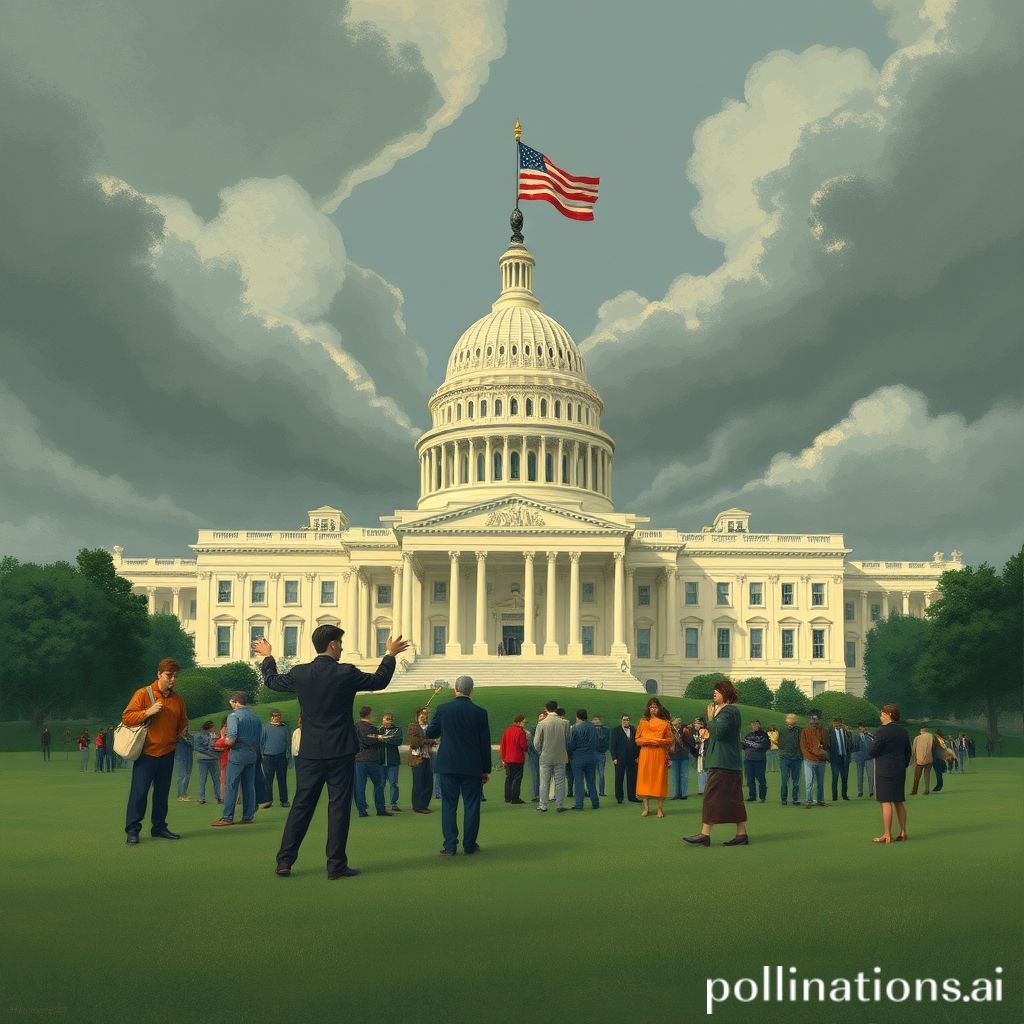
The 'worst' people you know are making some good points about the GOP megabill
When Even Your Least Favorite People Make Sense: Decoding the GOP Megabill Debate
Hey everyone, let's talk about something a little uncomfortable. We all have those people in our lives. Maybe it's that one relative who always seems to be pushing buttons or that acquaintance whose views you fundamentally disagree with. But what happens when they start making arguments about something important, like a major piece of legislation, that actually...well, make sense?
Right now, all eyes are on the GOP megabill. It's a sweeping piece of legislation covering a lot of ground, from tax reforms to infrastructure projects. And like any bill of this magnitude, it's sparking heated debate. What's been particularly interesting, though, is hearing some of the critiques coming from unexpected corners. Even people whose political opinions I usually find abhorrent are raising some valid concerns, and it's forcing me to take a closer look.
Digging Into the Details: What s in the GOP Megabill?
Before we get into the specifics of the arguments, let's quickly recap what the GOP megabill actually entails. It's a multifaceted piece of legislation aiming to address several key areas. Here's a simplified breakdown:
Tax Cuts: A significant portion of the bill focuses on tax cuts for corporations and high income earners, with the proponents arguing this will stimulate economic growth.
Infrastructure Spending: The bill allocates funds for infrastructure projects, including roads, bridges, and public transportation, although the amount is less than some had hoped.
Deregulation: The bill seeks to roll back certain environmental and financial regulations, with the aim of reducing the burden on businesses.
Social Programs: There are adjustments to social programs, with some cuts proposed to programs like food stamps and unemployment benefits.
Unlikely Allies: Where the Criticism Aligns
Okay, so here's where it gets interesting. Even some staunch liberals, socialists, and progressives I know are voicing concerns that align with some of the criticisms traditionally levied by the right wing. These concerns often center around these things.
Economic Impact: While proponents tout the bill's potential for economic growth, critics across the spectrum worry about its potential to exacerbate income inequality. The tax cuts, in particular, are seen by some as disproportionately benefiting the wealthy.
National Debt: The bill's projected impact on the national debt is another point of contention. Both fiscal conservatives and some on the left are concerned about the long term consequences of increased borrowing.
Environmental Impact: The deregulation aspects of the bill are drawing fire from environmental advocates, who fear they will lead to increased pollution and harm to natural resources. Even some fiscal conservatives express concerns that future clean up costs will offset short term gains.
A Comparative Look:
To illustrate the common ground, consider this simplified table:
| Issue | Traditional Left Wing Critique | Traditional Right Wing Critique | Potential Common Ground |
|||||
| Tax Cuts | Benefits the wealthy, exacerbates income inequality. | May not stimulate enough economic growth to offset revenue loss. | Concern about the distribution of benefits and the long term impact on the national debt. |
| National Debt | Increases the debt, burdening future generations. | Irresponsible fiscal policy, undermines economic stability. | Shared anxiety about the long term financial implications of the bill. |
| Deregulation | Harms the environment, jeopardizes public health. | Potential for long term costs associated with environmental damage. | Questioning the long term sustainability and overall cost benefit analysis of deregulation. |
Why This Matters
Recognizing when seemingly disparate groups converge on a particular issue is important. It highlights the complexity of policy debates and reminds us that simple left versus right narratives often fall short. It also creates the potential for unexpected alliances and more nuanced conversations.
My Takeaway
I'll admit, it's a little unsettling to find myself agreeing with people whose views I often find objectionable. But it's a valuable exercise in critical thinking. It forces me to re examine my own assumptions and consider perspectives I might otherwise dismiss.
Ultimately, the GOP megabill is a complex piece of legislation with potentially far reaching consequences. It deserves careful scrutiny and open debate. And maybe, just maybe, by listening to even the most unlikely voices, we can arrive at a more informed understanding of its true impact.

0 Comments:
Post a Comment